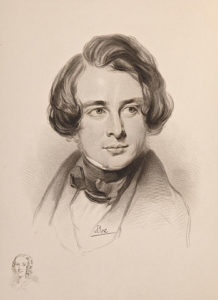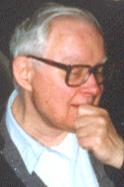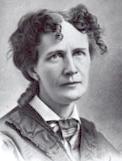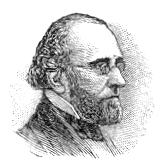Biography
Visscher, Maurice B.
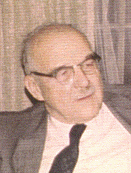 Maurice B. Visscher (August 25, 1901-May 1, 1983) was an internationally recognized physiologist and an outspoken and active citizen. His work as medical researcher and teacher, in linking the science of physiology with the practice of surgery, led to major developments in cardiovascular surgery.…
Maurice B. Visscher (August 25, 1901-May 1, 1983) was an internationally recognized physiologist and an outspoken and active citizen. His work as medical researcher and teacher, in linking the science of physiology with the practice of surgery, led to major developments in cardiovascular surgery.…
Emerson, Ralph Waldo
Ralph Waldo Emerson (May 25, 1803-April 27, 1882) began his career as a Unitarian minister but went on, as an independent man of letters, to become the preeminent lecturer, essayist and philosopher of 19th century America. Emerson was a key figure in the “New England Renaissance,” as an author and also through association with the Transcendental Club, the Dial and the many writers—notably Henry David Thoreau, Bronson Alcott and Margaret Fuller—who gathered around him at his home in Concord, Massachusetts.…
Alcott, Louisa May
 Louisa May Alcott (November 29, 1832-March 6, 1888), best known as the author of Little Women, was an advocate of abolition, women’s rights, and temperance. Her stories, novels, and poems helped to support the Alcott family, and most have now been republished, widening her reputation beyond that of children’s author and bringing fresh critical notice to her work.…
Louisa May Alcott (November 29, 1832-March 6, 1888), best known as the author of Little Women, was an advocate of abolition, women’s rights, and temperance. Her stories, novels, and poems helped to support the Alcott family, and most have now been republished, widening her reputation beyond that of children’s author and bringing fresh critical notice to her work.…
Aspland, Robert
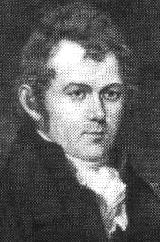 Robert Aspland (January 13, 1782-December 30, 1845), father of organised Unitarianism in Great Britain, was the most widely known Unitarian minister of his day. He was amongst the most powerful and influential—some thought domineering—of Unitarian figures.
Robert Aspland (January 13, 1782-December 30, 1845), father of organised Unitarianism in Great Britain, was the most widely known Unitarian minister of his day. He was amongst the most powerful and influential—some thought domineering—of Unitarian figures.
Robert was born at Wicken, Cambridgeshire, the eldest son of Robert and Hannah (née Brook) Aspland.…
John Sullivan Dwight
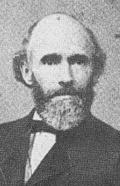 John Sullivan Dwight (May 13, 1813-September 5, 1893) made important contributions to the Transcendentalist movement. A dedicated member of the Brook Farm commune while it lasted, he was America’s first influential classical music critic.
John Sullivan Dwight (May 13, 1813-September 5, 1893) made important contributions to the Transcendentalist movement. A dedicated member of the Brook Farm commune while it lasted, he was America’s first influential classical music critic.
Born May 13, 1813, in Boston, Dwight graduated from Harvard College in 1832.…
Aspland, Robert Brook
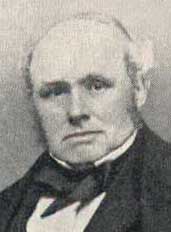 Robert Brook Aspland (January 19, 1805-June 21, 1869), son of Robert Aspland, succeeded his father’s as editor of the Christian Reformer and as secretary of the British and Foreign Unitarian Association. He was widely regarded as a powerful and forceful preacher and was nearly as dominant in denominational affairs as his father had been.…
Robert Brook Aspland (January 19, 1805-June 21, 1869), son of Robert Aspland, succeeded his father’s as editor of the Christian Reformer and as secretary of the British and Foreign Unitarian Association. He was widely regarded as a powerful and forceful preacher and was nearly as dominant in denominational affairs as his father had been.…
Serling, Rod
 Rod Serling (December 25, 1924-June 28, 1975), one of television’s most prolific writers, is best known for his science fiction television series, The Twilight Zone. He believed that the role of the writer was to “menace the public conscience.” Throughout his life Serling used radio, television, and film as “vehicles of social criticism.”…
Rod Serling (December 25, 1924-June 28, 1975), one of television’s most prolific writers, is best known for his science fiction television series, The Twilight Zone. He believed that the role of the writer was to “menace the public conscience.” Throughout his life Serling used radio, television, and film as “vehicles of social criticism.”…
